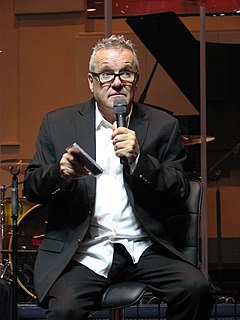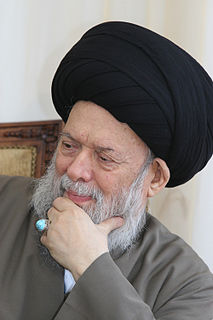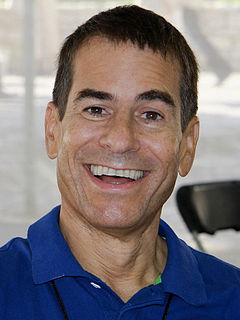A Quote by Anne Bronte
if I hate the sins, I love the sinner, and would do much for his salvation
Related Quotes
Love sinners, but hate their deeds, and do not disdain sinners for their failings, so that you yourself do not fall into the temptation in which they abide... Do not be angry at anyone and do not hate anyone, neither for their faith, nor for their shameful deeds... Do not foster hatred for the sinner, for we are all guilty... Hate his sins, and pray for him, so that you may be made like unto Christ, who had no dislike for sinners, but prayed for them.
If you are penitent, you love. And if you love you are of God. All things are atoned for, all things are saved by love. If I, a sinner even as you are, am tender with you and have pity on you, how much more will God have pity upon you. Love is such a priceless treasure that you can redeem the whole world by it, and cleanse not only your own sins but the sins of others.
You know, people say that today. "I am a saved sinner." That is like saying you are a married bachelor. That is like saying you are an honest thief, or a pure harlot. you can't be a saved sinner. You are either saved or you are a sinner. He came. "Thou shalt call his name Jesus. He shall save his people from their sins."
Practically every false doctrine comes from getting things out of order. God's divine order is salvation, then change; not change and then salvation! If one has to be changed to be saved, that's salvation by works. It is also salvation by the flesh. The truth is, one is cleansed from the sins of the flesh just as he is saved; by yielding to the Holy Spirit and letting Him do His work.
The Lord greatly loves the repenting sinner and mercifully presses him to His bosom: "Where were you, My child? I was waiting a long time for you." The Lord calles all to Himself with the voice of the Gospel, and his voice is heard in all the world: "Come to me, my sheep. I created you, and I love you. My love for you brought Me to earth, and I suffered all things for the sake of your salvation, and I want you all to know my love, and to say, like the apostles on Tabor: Lord, it is good for us to be with You."
It is a fearful thing to hate whom God hath loved. To look upon another-his weaknesses, his sins, his faults, his defects is to look upon one who is suffering. He is suffering from negative passions, from the same sinful human corruption from which you yourself suffer. This is very important: do not look upon him with judgmental eyes of comparison, noting the sins you assume you'd never commit. Rather, see him as a fellow sufferer, a fellow human being who is in need of the very healing of which you are in need. Help him, love him, pray for him do unto him as you would have him do unto you.
I mean, think about [the phrase 'love the sinner, hate the sin.'] Isn't it like saying, 'I love left-handed people but hate that they're left-handed.' Is that really love? Or is that saying, 'I'm willing to love you as I'd like you to be, not as you are'? Either God's love is unconditional or it's not.
The plan of salvation could not be brought about without an atonement... The atoning sacrifice had to be carried out by the sinless Son of God, for fallen man could not atone for his own sins. The Atonement had to be infinite and eternal to cover all men throughout all eternity. Through His suffering and death, the Savior atoned for the sins of all men. His Atonement began in Gethsemane and continued on the cross and culminated with the Resurrection.







































